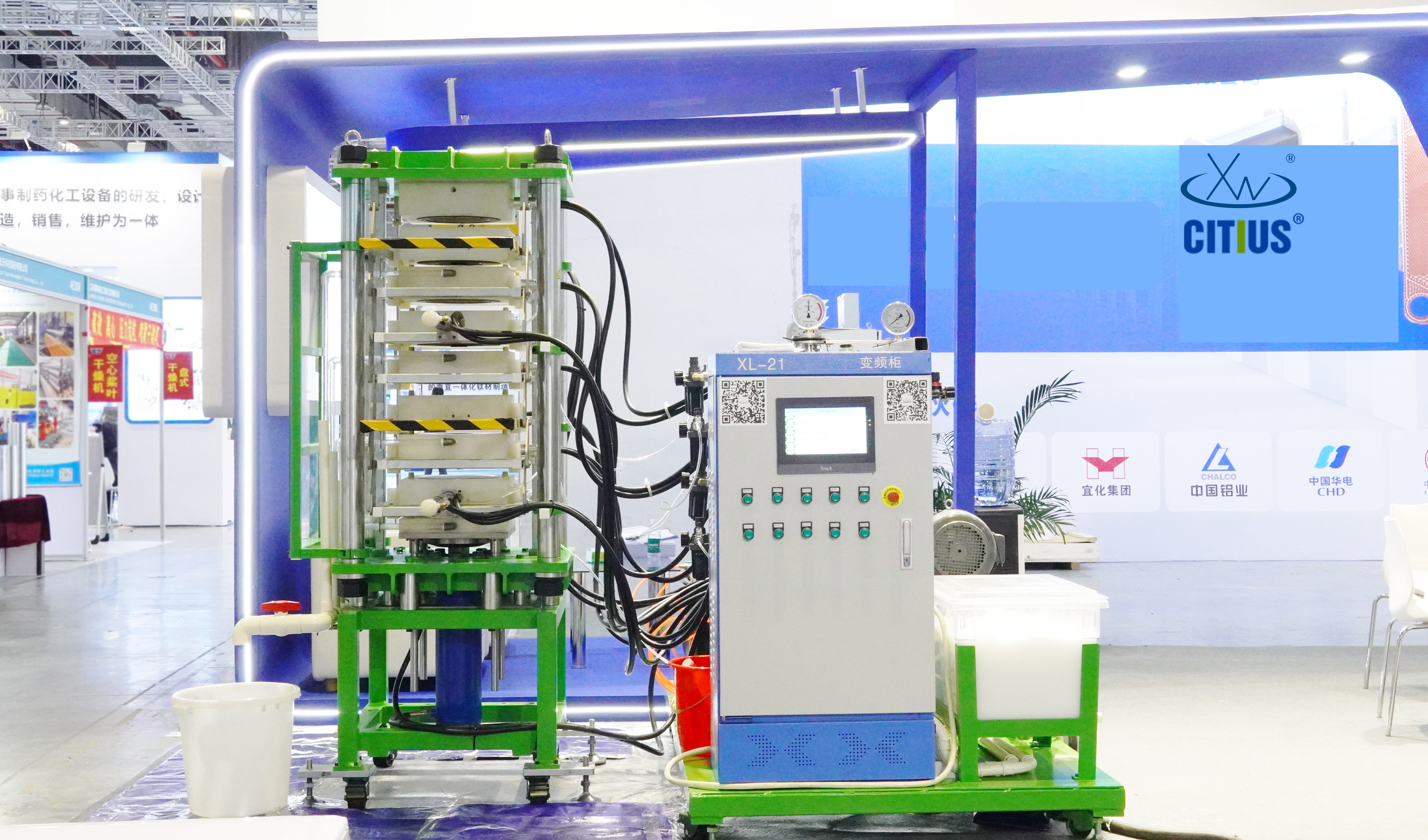Industrial Filter Cloth: The Unsung Hero of Modern Manufacturing
Release time:
2025-06-19
Introduction: The Hidden Backbone of Manufacturing
When you think about modern manufacturing, you might picture massive machines, intricate designs, and high-tech gadgets. But what you probably don’t think about is industrial filter cloth. This unsung hero plays a crucial role in various industries, from mining to pharmaceuticals, ensuring that processes run smoothly and efficiently. Let’s dive into the world of industrial filter cloth and uncover why it’s a big deal!
What Exactly is Industrial Filter Cloth?
So, what’s the deal with industrial filter cloth? In layman’s terms, it’s a fabric used for filtering liquids and gases in various industrial processes. Made from materials like polyester, polypropylene, or nylon, this cloth is designed to trap particles, ensuring that only clean, filtered substances move on to the next stage of production. Talk about a crucial role!
Why Do We Need It?
You might be scratching your head and wondering, “Why is this so important?” Well, let’s break it down. First off, it helps maintain product quality. By filtering out contaminants, manufacturers can ensure that the final products meet industry standards. Secondly, it aids in compliance with environmental regulations. Many industries face strict guidelines regarding waste management and emissions, and industrial filter cloth helps in adhering to these rules.
Types of Industrial Filter Cloth
Not all filter cloth is created equal! Depending on the application, different types of industrial filter cloth can be used. Here are a few key players:
- Woven Filter Cloth: This type is made by weaving together threads, providing strength and durability. It’s commonly used in applications where high tensile strength is essential.
- Non-woven Filter Cloth: Made from bonded fibers, non-woven cloth is perfect for applications requiring finer filtration. It’s often used in the food and beverage industry.
- Mesh Filter Cloth: Featuring a grid-like structure, mesh filter cloth is used for coarser filtration processes, like mining and wastewater treatment.
The Benefits of Using Industrial Filter Cloth
Alright, let’s get to the juicy bits—what are the actual benefits of using industrial filter cloth? Here are a few highlights:
- Increased Efficiency: By ensuring that only clean materials move through the production process, manufacturers can speed up operations and reduce downtime caused by equipment malfunctions.
- Cost Savings: Investing in high-quality industrial filter cloth can lead to significant savings in the long run, as it minimizes waste and improves product yield.
- Environmental Responsibility: Using industrial filter cloth helps companies comply with environmental regulations, reducing their carbon footprint and promoting sustainability.
Choosing the Right Filter Cloth
Now that you’re sold on the importance of industrial filter cloth, how do you choose the right one? Here are some tips to keep in mind:
- Understand Your Application: Different processes require different types of filtration. Make sure to match the cloth to your specific needs.
- Consider Durability: Look for cloth that can withstand the conditions of your operation, including temperature, pressure, and chemical exposure.
- Supplier Reputation: Partnering with a reliable supplier ensures you get high-quality products and support when needed.
Conclusion: An Essential Component
In conclusion, industrial filter cloth may not be the flashiest aspect of manufacturing, but it’s undeniably essential. Whether you’re in the mining, food, or chemical industry, understanding the significance of this material can lead to enhanced efficiency, cost savings, and a more sustainable operation. So, next time you think about manufacturing, give a nod to industrial filter cloth—the unsung hero in the background!

